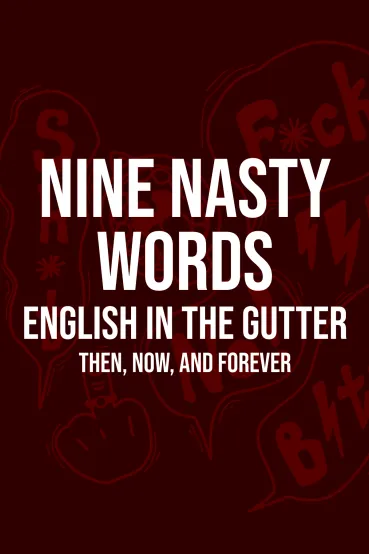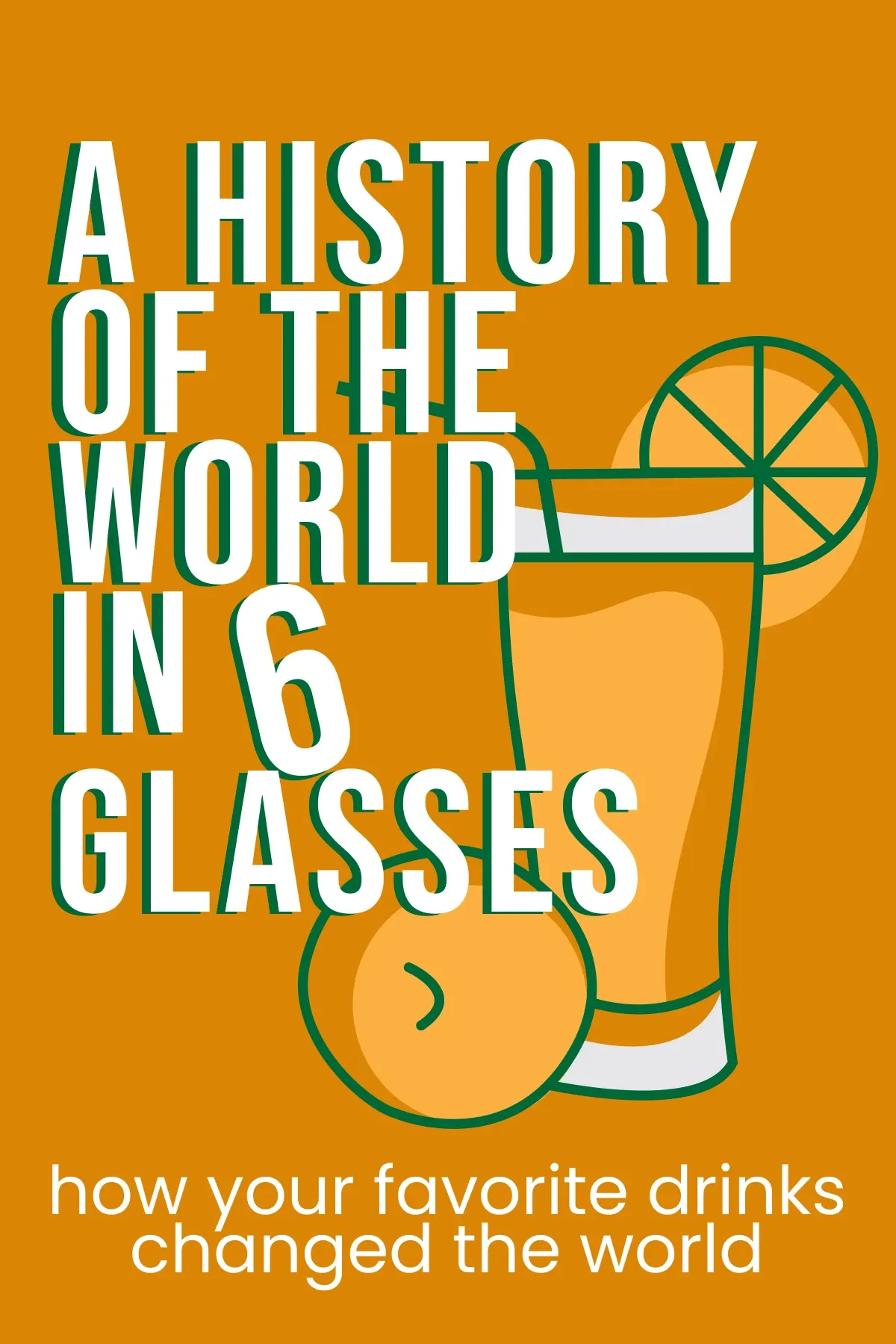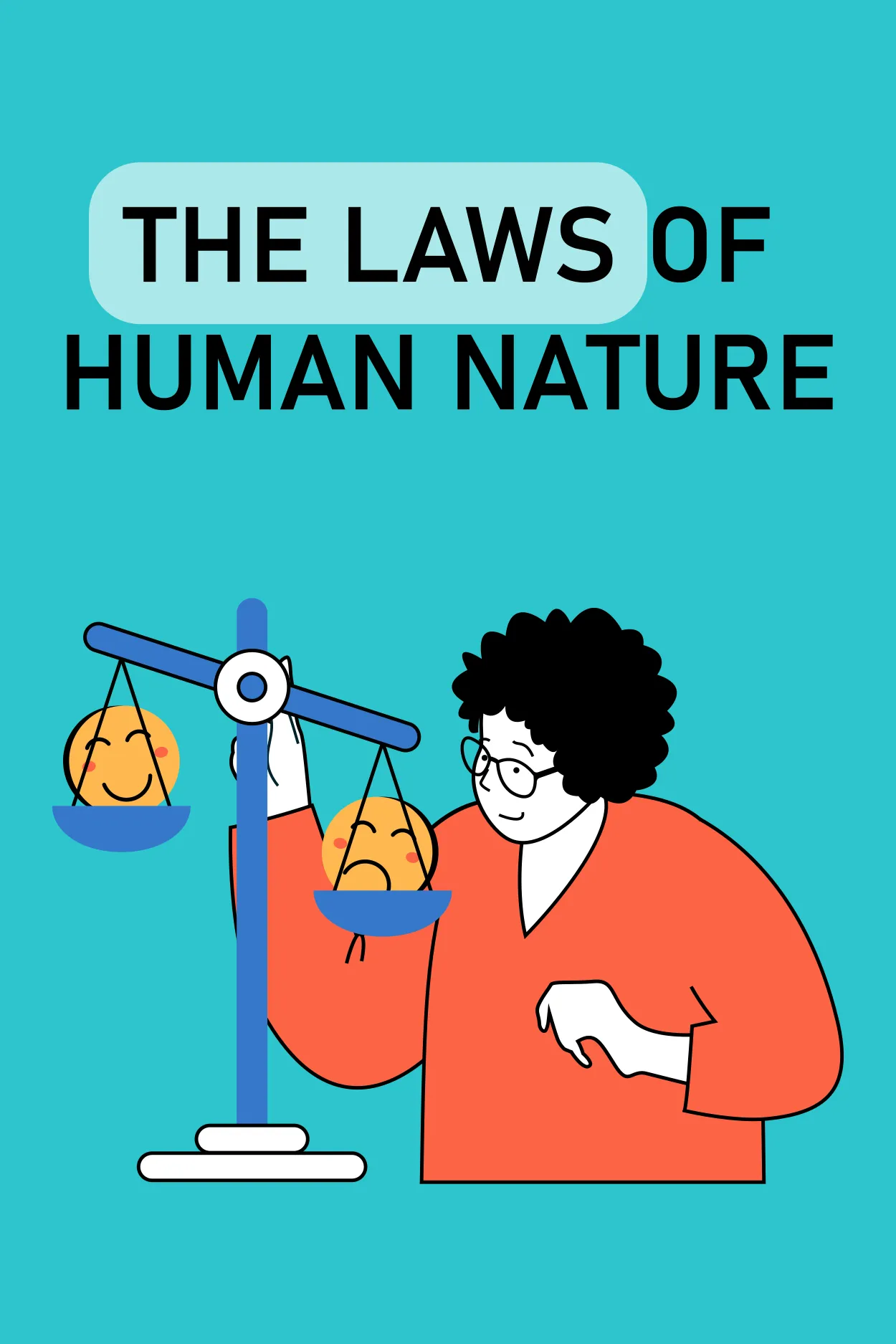
Nine Nasty Words
Brief Summary
“Nine Nasty Words” by John McWhorter is a captivating exploration of the English language’s evolution through its most notorious and controversial words. In this thought-provoking book, McWhorter delves into the history, cultural impact, and societal dynamics surrounding nine profane or taboo words.
Key points
Key idea 1 of 9
Have you ever heard of the film *Gone with the Wind*? Well, there’s one old gossip about how David Selznick, its producer, got fined after the premiere. Allegedly, the cause of this was an iconic line by Clark Gable, “Frankly, my dear, I don’t give a damn.” Back in 1939, curses on screen, like *damn*, were seen as a crime. Well, it was just a silly legend. In fact, such profanities were seen as filthy, yet allowed. They were common, and people often didn’t bat an eye at them. Even now, they are perceived as curses but still are mildly safe.
Conversely, the church and its teachings deeply influenced medieval Europe and the Renaissance era. During this time, curses were considered unacceptable, and adherence to the Second Commandment meant refraining from invoking the name of God. This prohibition persists to this day, with some people reprimanding others for using expressions like "For heaven's sake" or "Jesus Christ!" Additionally, uttering the word *hell* was viewed as an affront to one's dignity, as it represents the ultimate destination for souls rejected by God. Phrases such as "God damn you to hell!" were considered highly scandalous and sinful.
As time passed, those words began to lose their religious background. They slowly made their way into the daily vocabulary of society. *Damn* was no longer a sinful curse and adopted a new form of *goddamn*. It became so widely used that even Joan of Arc addressed English people as “Goddams.” *Hell* also transformed, and now we hear phrases like, “Go to hell!” or “Bloody hell!”
When you use a swear word in a conversation, it triggers a strong reaction in the right hemisphere of your brain. This reaction is different from how ordinary words are processed through the brain’s left hemisphere. According to linguist John McWhorter, this is what sets profanities apart from everyday language. Profane words were originally neutral in the left part before migrating and gaining their offensive meaning in the right part. Some, like *hell*, have even reverted to harmless.
FAQ
You may also like these summaries











